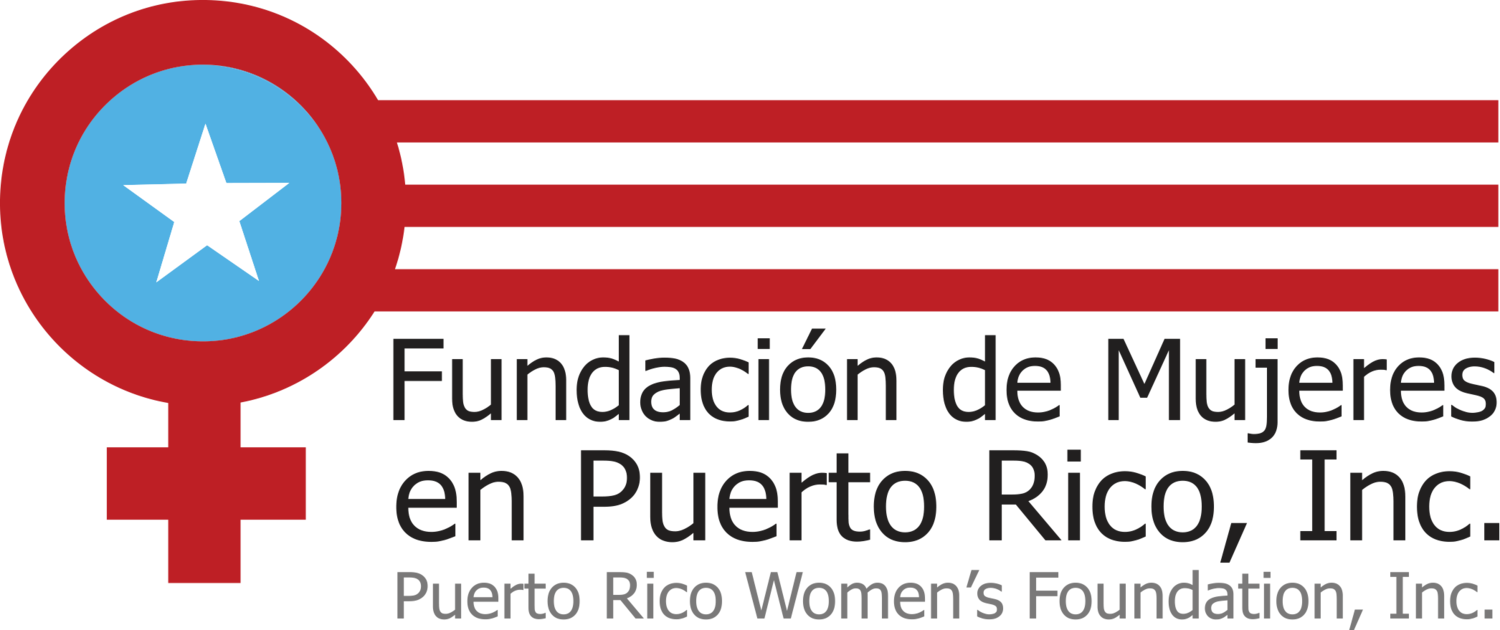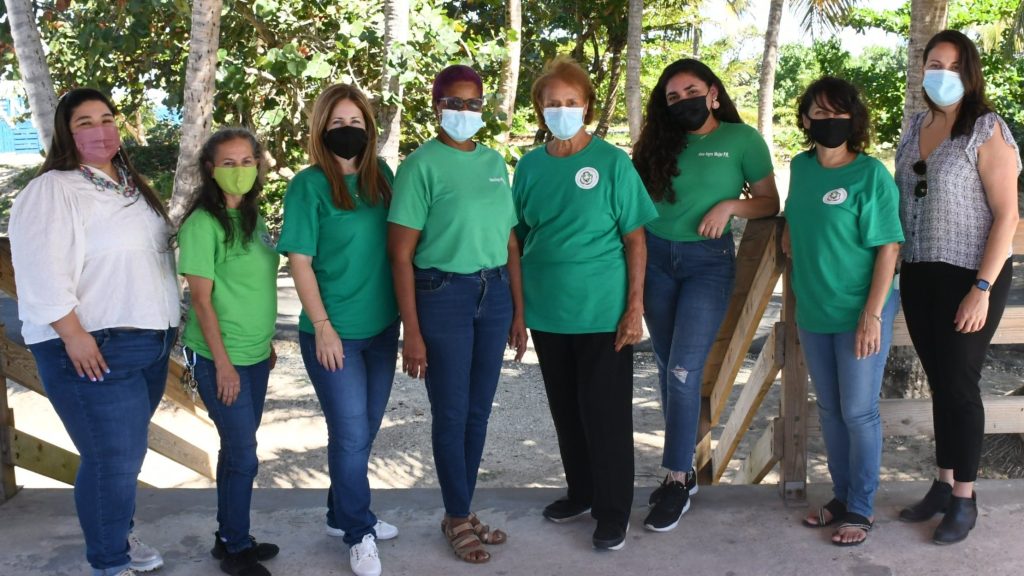Sometimes, all you need are seeds to aspire for a great harvest.
When we support women’s collectives in agriculture, our support turns into the seeds that grow into new projects, sustainable ideas, and investment in our communities.
On an island that imports approximately 80% of the products it consumes, women farmers challenge this norm, building networks and projects that impact sustainable food production through education, economic development, and community intervention. In addition, they challenge the gender division of labor, since agriculture has been culturally dominated by men.
No matter where you look in the archipelago of Puerto Rico, this country is being built by women, from resistance, creativity, and social responsibility. The Puerto Rico Women’s Foundation with the support of Banco Popular Foundation, is now connected to 4 women collectives doing important work in food security and economic development, for a project with women working in sustainable agriculture in Puerto Rico.
The Asociación Agro-Mujer de Puerto Rico, Inc. in Hatillo (west side), with a chapter in the metropolitan area (San Juan and surrounding towns) and the Asociación de Mujeres Agroempresarias (AMA) of Puerto Rico with its headquarters in Las Piedras (east side), have a mission of empowering women in agriculture and/or women entrepreneurs working with products derived from agriculture. They firmly believe that by supporting women farmers, not only do they give them economic empowerment and family stability, but they also contribute to sustainable food production.

As a member of these associations, women have many benefits. Some of them are:
- Access to workshops and training about sustainable agriculture
- Ability to participate in Farmers Markets (certain restrictions apply)
- Being part of a collective where solidarity and sisterhood are the main pillars.
- Access to incentives as they become available
On the other hand, we have two collectives focused on community education in relation to agriculture, and social welfare. Colmena Cimarrona in Vieques and Mujeres de Islas in Culebra, both are smaller islands on the eastern part of the archipelago. These two projects are the example of diversification and compromise with the community.
At Colmena Cimarrona, all the action in the field has an educational component; the bees, the harvest, irrigation systems, gender, and food independence. Their work of occupying, producing, and developing, is a political act of resistance on an island municipality that has been torn into pieces to the best bidders, generally foreigners. They have put into action the phrase “this land is our land”. They have been the engine of change and resistance.


As Dulce, from Mujeres de Islas says, a dream without an engine remains a dream and nothing more. This is why Mujeres de Islas has been nourished by various engines behind those dreams. These dreams have built educational, peaceful, and safe spaces, for women and the community of Culebra. From a classroom where young people were taught woodworking to a community kitchen with great potential that has fed the community and their “engines”. Each physical space of Mujeres de Islas is the representation of the commitment to the community and the environment. Each path in their space is surrounded by plants, food, and people willing to work for a better quality of life for their communities in Culebra. Where there is an unused space, Mujeres de Islas claims it, inhabits it, and sows it.
These four groups work on solid, upright, and committed intervention models, worth replicating. It is the women of these four groups who are gradually changing the relationship with agriculture and their communities.

